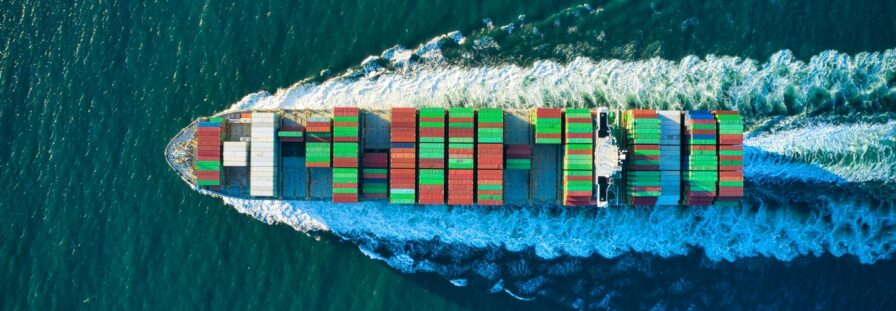Stranded seafarers
While mercantile shipping remained resilient and supply lines were maintained throughout the pandemic, the marine industries experienced a seafarer crisis at the height of the outbreak. Hundreds of thousands of seafarers with expired contracts were left stranded at sea, unable to be relieved.
This crisis was even more severe in the cruise industry as many repatriations by air became impossible once crew members’ home countries entered restrictive lockdowns. In fact, the cruise industry came to a complete standstill during the pandemic and required a major relaunch with several new safety protocols in place, many of which remain in effect today.
Crew shortages
We’re seeing a significant shortage of seafarers worldwide as crew (especially in the cruise industry) switch to land-based industries. The current lockdowns in Asia and the war in Ukraine have exacerbated the situation, with Ukrainian and Russian crew accounting for approximately 15% of the total workforce.
Crew welfare has meant that crew managers have had to be prepared to go to extraordinary lengths to protect their workers, doing everything from chartering flights to repatriating stranded seafarers to aiding with the evacuation of Ukrainian seafarers’ families in March 2022.
Even so, crew shortages remain a problem and it is becoming increasingly costly to change crews. Reduced airline seat capacity and flight frequency has driven up prices and many airlines that did not switch to shipping and cargo flights during the pandemic have not yet recovered from their months spent grounded.
Despite freight rate rises, the marine industries are also facing severe OPEX cost increases with significantly higher fuel prices, a rise in the wages demanded due to crew shortages, crew change costs, and carbon offsetting costs.
How can ATPI help to reduce crew change costs?
At ATPI, we can help companies mitigate the increasing cost of their crew changes in several different ways.
Improved visibility and control can help to eliminate manual and fragmented crew changes. ATPI can enable companies to streamline their processes by tracking important KPIs, continually monitoring crew travel patterns, and undertaking predictive analytics to put plans in place that improves these patterns, meets vessel budgets, and can identify cost savings.
Outsourcing functions to ATPI can also help companies by allowing them to direct their most valuable resources towards increasing productivity in their critical functions. By integrating with our customers’ systems, ATPI can become a seamless extension of their team and help to save precious time.
Finally, ATPI’s significant global footprint, negotiating power, and choice of airline options (including scheduled, low cost, and chartered) allow us to provide cost savings to companies even at a time when airline costs are rising worldwide.
How can ATPI help marine industries reduce their carbon footprint?
While carbon offset has been acknowledged by many mercantile shipping and cruise companies, it hasn’t yet been addressed in full and further commitments are expected from 2023 onwards.
Although it only represents a fraction of a shipping company’s total environmental footprint, seafarers travelling to and from vessels generate a sizeable carbon emission that must be addressed. ATPI can offer advice on carbon reduction initiatives, provide turnkey carbon offsetting solutions, and tailor an approach that complements our customers’ existing environmental policies.
While the mercantile shipping and cruise industries will continue to face challenges post-pandemic, ATPI can support companies to cut costs where they can. However, we should also start preparing for the next international crisis. Efforts by international industry institutions, associations, and shipping companies to proclaim seafarers as essential workers weren’t effective enough during the pandemic and we must learn from this to protect the industry and ensure it can adequately weather any future storms.









